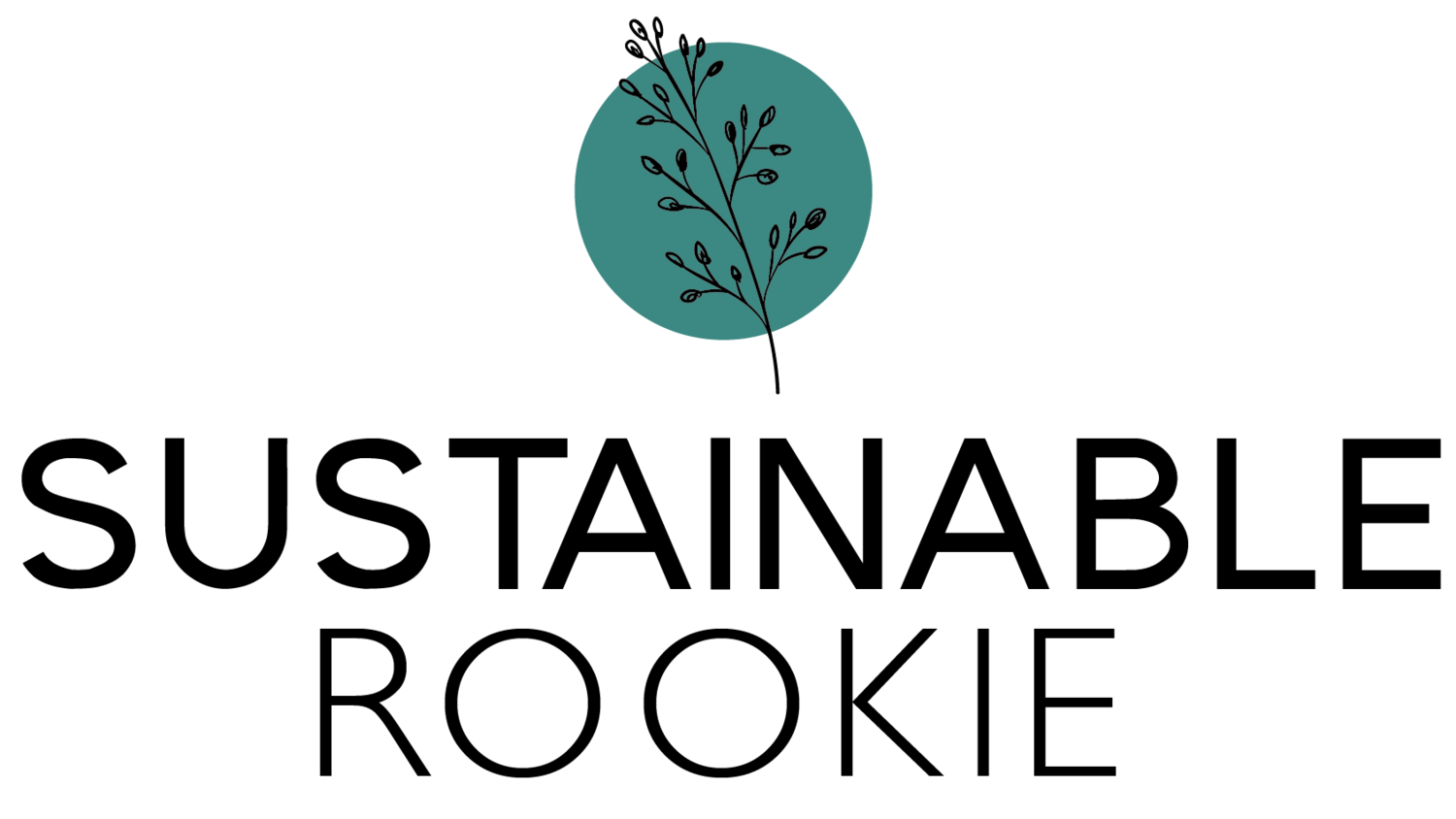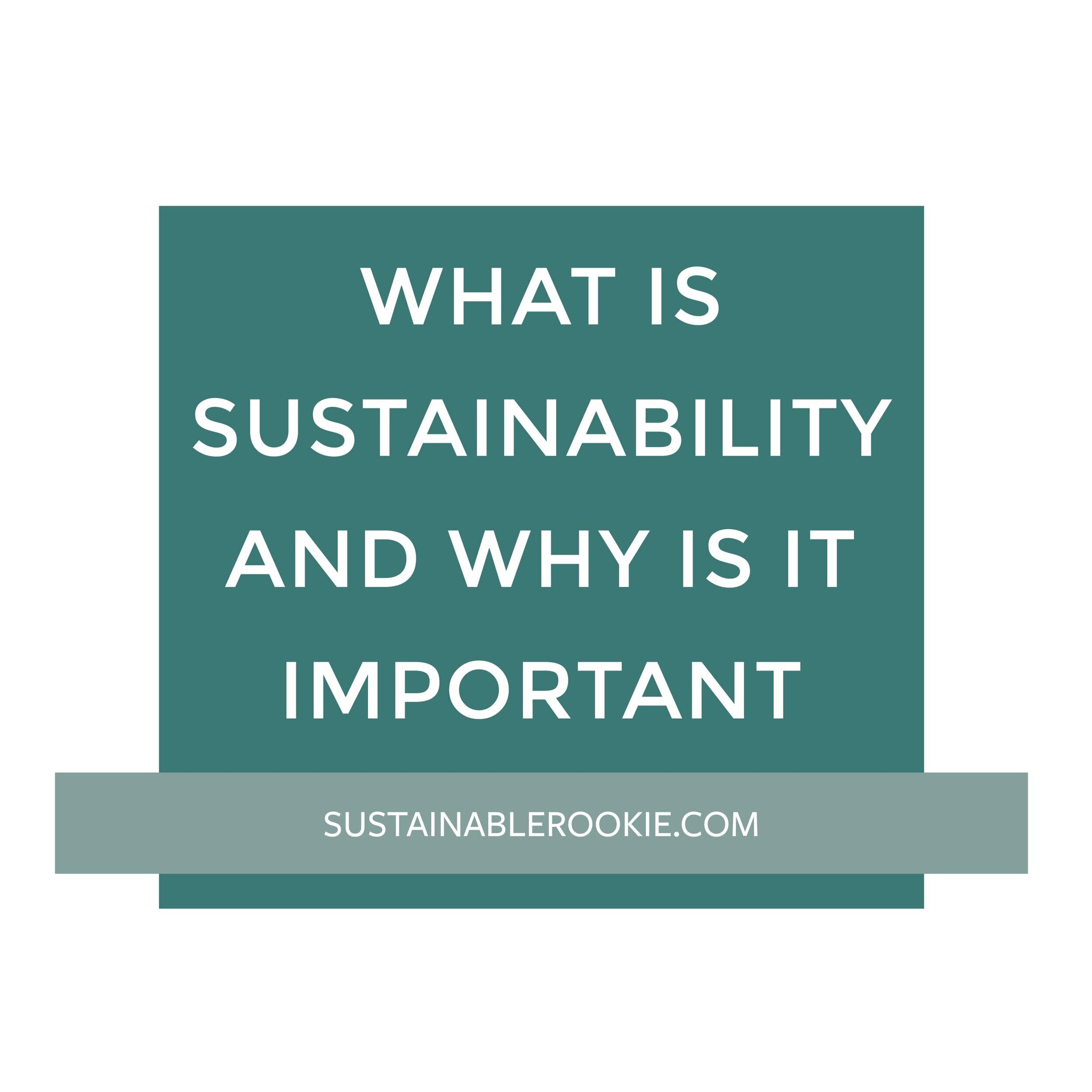5 Tips To Start a Plant-Based Diet
In my previous post, I wrote about how a vegan diet is more sustainable. If you’re trying to start a plant-based diet–fully or just little by little–I have a few tips that could help you feel more accompanied and not overwhelmed, as well as guiding you from the start. That’s why I’m sharing these are my tips on how to start a vegan diet.
HOW TO START A PLANT-BASED DIET
learn as much as you can
Just like everything you start doing in life (sports, or hobbies, for instance), having the proper information will allow you to do that task in the best way. You can start by learning about the benefits of vegan and plant-based diets–for the animals, for health, and for the environment–which will help you understand its importance and serve as motivation. You should also learn how to nourish your body, and how to tell whether a product is vegan or not. If you go to the supermarket and you have a few extra minutes, start analyzing what things you currently buy are already vegan, and look for new plant-based products you’ve never tried. Look for the ‘V’ or ‘Vegan’ certifications, although some products are considered vegan even if they aren’t labeled.
2. make changes gradually
Another way to avoid feeling overwhelmed is to try not to completely change your diet from one day to the other. If you’re a meat-eater, maybe the next step could be a vegetarian diet, and when you feel comfortable, you can turn it into a vegan one. If you’re a vegetarian, you have only a few things left to replace. A good way to start is by changing regular milk for a vegetable one. There are so many vegan milks to choose from! Begin by experimenting with all of them, until you find the one you like the most: soy, oat, macadamia, flax seed, almond, pea, are just a few examples. Continue by incorporating more plants to your meals, including legumes, vegetables, fruits, seeds, superfoods, and then start removing animal-products from meals. Besides milk, the vegan protein world is very wide. Replace your meats or eggs with lentils, tofu, chickpeas, tempeh, edamame, all types of beans, seitan, walnuts, almonds, and cashews.
3. keep it varied
Eat all the plants from the rainbow to make it the most nutritious. A great way to balance your dishes is to use the 50/25/25 rule, in which half of your plate will be veggies, a quarter of it will be vegetable protein, and the other quarter carbs. Choose whole grains, as they have more nutritional value than refined grains, and whole foods over industrialized products, if possible. If you like processed foods, there are tons of vegan replacements (ice cream, frozen food, breads, etc.). In that case, you’d just need to learn how to look for hidden non-vegan ingredients in the labels.
4. try easy recipes
A great way to start incorporating vegan meals gradually, is to make some easy vegan recipes, with few basic ingredients. Sustainable Rookie is going to have some soon! For example, find a vegan recipe for your regular mashed potatoes, or simple salads. You can eventually start mixing various recipes to create a whole meal or challenge yourself with more complex recipes.
5. get all your nutrients
This is related to what I’ve said before about keeping it varied, as it’s the best way of getting all the nutrients you need, and about learning as much as you can, because that way you will know what foods you’re going to have to incorporate to your meals often. Focus specially on iron (beans, legumes, nuts, nutritional yeast, among others, consuming it with orange juice or any food that’s rich in vitamin C), B12 (you might need supplements, or you might get it from some foods like fortified vegan milks), Vitamin D (spending some time in the midday sun might be enough for some), Calcium (fortified vegan milk, bok choy, broccoli, kale, to list a few) Omega-3 (flax seeds, walnuts, hemp seeds, soybeans, algae oil to supplement), Zinc (nutritional yeast, whole grains, tofu, legumes, etc.), and Iodine (iodized salt, seaweed).
I’m not a nutritionist, obviously, but this is a summary of some things anyone who starts a plant-based diet should consider (actually, everyone needs them). Make sure that your diet is varied enough to meet these nutritional needs (you should check the recommended daily intakes in each case). You might need supplements for some of them, depending on your lifestyle (lots of people, even meat-eaters supplement sometimes, to make sure nutritional needs are met).
Step by step, you can begin a plant-based diet, whether it is for the animals, the environment, or your health!
Please don’t forget to subscribe to my newsletter to receive more tips on how to be more sustainable and lead a conscious life.








